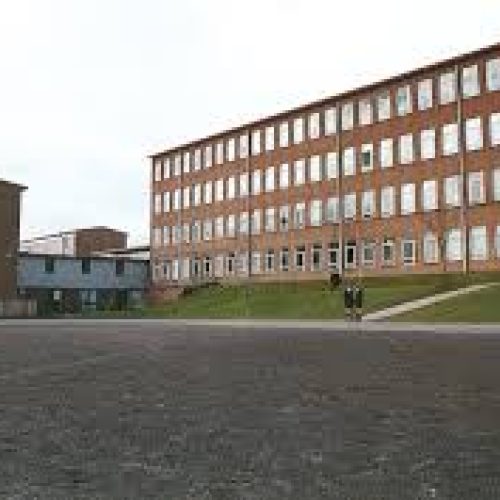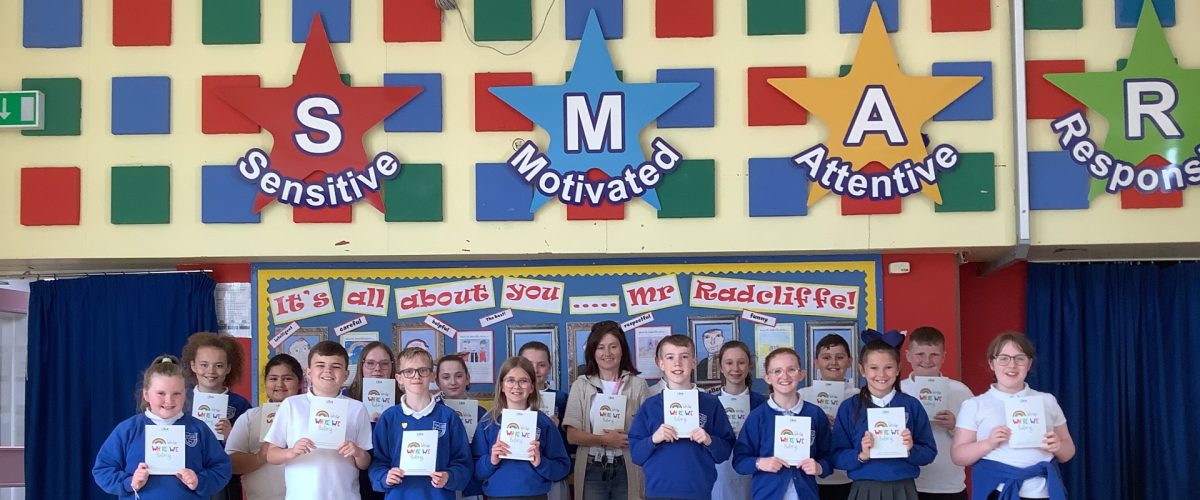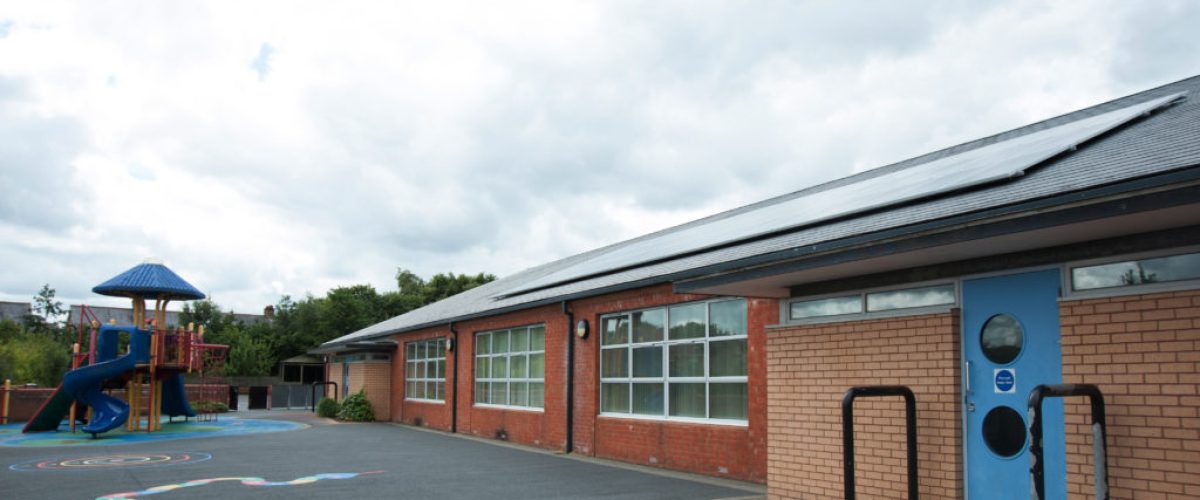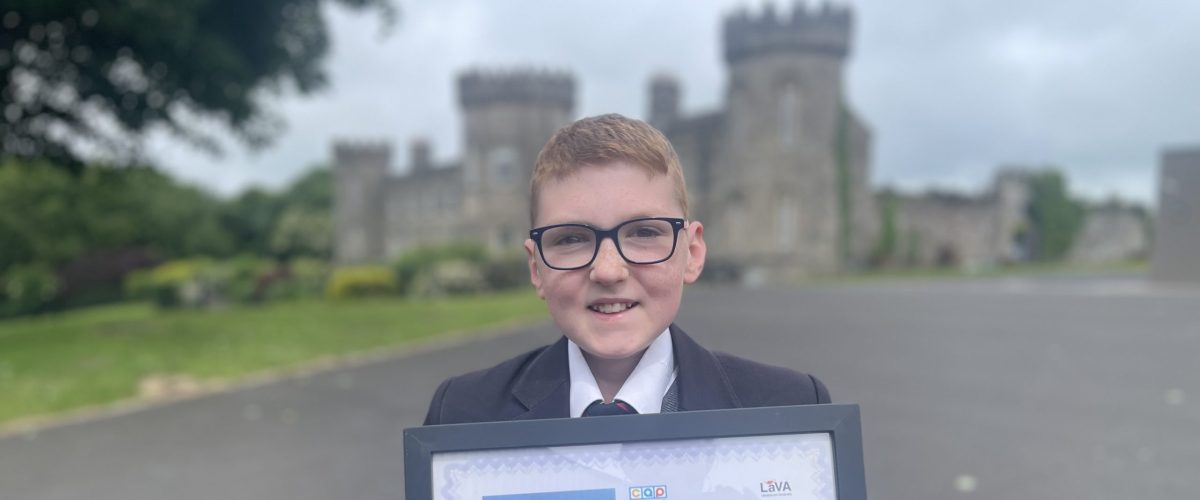Poetry in Motion Schools is an innovative literary programme for primary, secondary, grammar and special schools. PIMS aims to develop the creative abilities of young people, enabling their poetic voice through increasing students language skills, introducing participants to poetic device and encouraging them to use their creative imagination. Emphasis is placed on the ability to create poetic works through activities which are fun, joyful, and which encourage self-expression.
Workshops are conducted by published/producing poets most of whom have a wealth of experience in working with young people. Crucially, the young people own their own words and language, discovering that the words they use every day can be transformed into poetry through learning how working poets approach their own practice. Every year this work takes place in thirty or more schools across the region, connecting with close to a thousand children predominantly in inner city schools and tiny rural communities. Through the programme there is a breadth of experience expressed through poetry which, whilst often contrasting, connects the different lives involved in the project.
Schools that have taken part in this project see it as an enriching experience for both pupils and teachers and find that it while the activities forge many links with the curriculum, there can also be an added element on offer,
“As a teacher, it is a joy to have a trained facilitator in the school showing pupils that “real-life poet people” do exist. It is also refreshing to have a point of view that is not strictly tied to where this fits into the curriculum and how it can be assessed; art for art’s sake, is a very liberating concept!
As a spectator, it is revelatory and humbling to see how far some of these young people can go with a concept, an idea or an image. With the right challenge and support, both offered by the CAP facilitators, the pupils achieved things that neither they nor I thought were possible.
I am a little ashamed at times that I did not realise the huge potential within some of them, and that I didn’t nurture this creativity more. I had touched on poetry, poetic terms and imagery, but I was panning for gold in a tiny stream that ran above the mother lode.” – Brian Mawhinney, teacher at Dundonald High School
The success of this project can be seen by the overwhelming number of applications made each year. CAP receives more than 2-3 times as many applications as the places available. Two thirds of the places this year were allocated to schools in the upper half of the social deprivation index, half of the places allocated were in the top 25%.
In other words, these projects reach children who might not otherwise have access to this form of education or facilitation with working artists.

Seamus Heaney Awards – Primary Schools Award – Harpur’s Hill Primary School – Commendation – Teacher – Maria Quinn

Seamus Heaney Awards – Primary Schools Winner – Lowwood Primary – Teacher – Joanna Fyffe – Poet – Linda Hutchinson

Seamus Heaney Awards – Individual Award – Runner Up – Gaelcholáiste Dhoire – Student – Aodhán Glas – Teacher – Eveleen Heard











